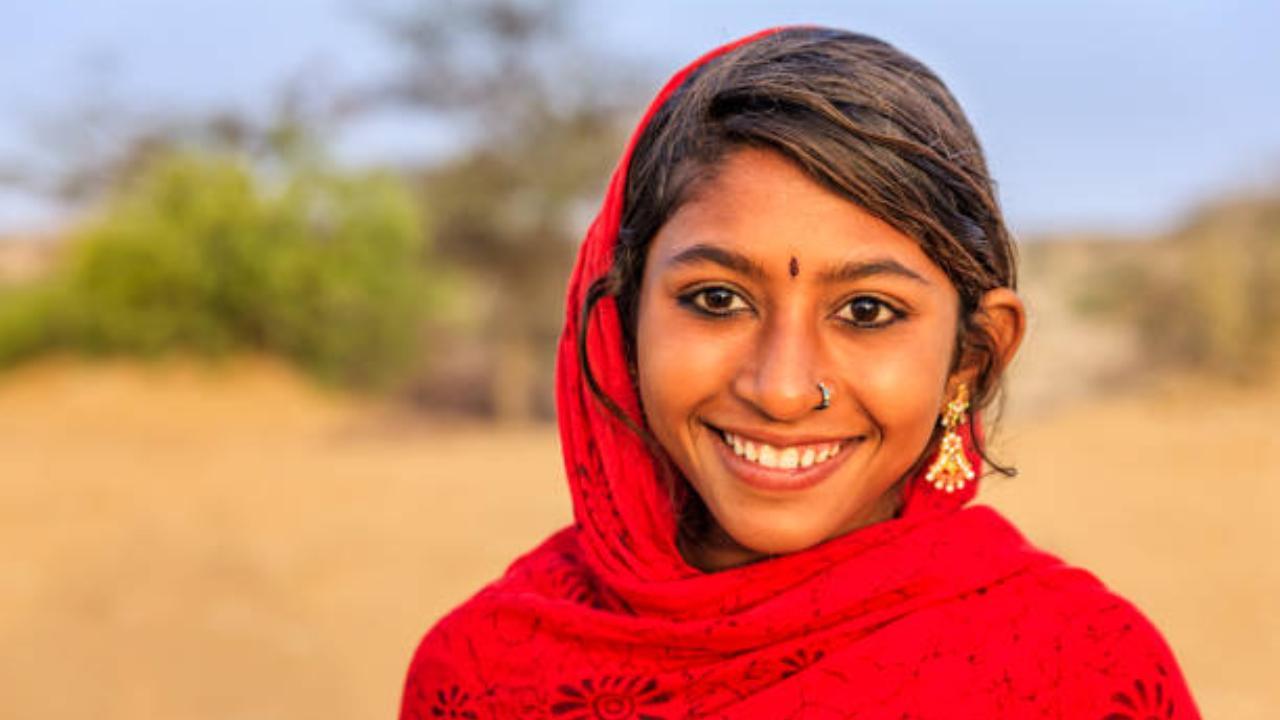The experts noted that most of these girls were child brides who have limited power over their reproductive health or lives

Image for representational purposes only. Photo Courtesy: iStock
Nearly 6,500 adolescent girls die in childbirth in South Asia every year, said UN agencies on Friday, calling for prioritisation of the health of girls and adolescents in South Asia.
Experts from the agencies discussed this at a two-day regional dialogue on adolescent pregnancy jointly organised by the SAARC, UNICEF Regional Office for South Asia (UNICEF ROSA), United Nations Population Fund (UNFPA), and the World Health Organisation (WHO) in Kathmandu, Nepal.
At the event, officials and civil society representatives from India, Afghanistan, Bangladesh, Bhutan, Maldives, Nepal, Pakistan and Sri Lanka reaffirmed their commitment to prioritise health for over 2.2 million adolescent girls that give birth yearly in South Asia; and to provide better opportunities to learn, set up their businesses, and earn a living.
The experts noted that most of these girls were child brides who have limited power over their reproductive health or lives.
The South Asia region “has a long way to go. I call upon everyone to resolutely address the root causes including child marriage, access to adolescent health education, and removing social stigma in managing the teenage population of SAARC region,” said Ambassador Golam Sarwar, the Secretary General of SAARC.
South Asia accounts for 290 million child brides -- nearly half of the world’s burden. These girls are forced to drop out of school and face stigma, rejection, violence, unemployment as well as lifelong social challenges.
About 49 per cent of young girls in South Asia are not in education, employment, or training – the highest in the world, the experts noted.
With poorer health coverage adolescent mothers are also at increased risk of early deaths, and the babies born also face a significantly higher risk of death.
“It is high time that we reverse this trend,” said Saima Wazed, Regional Director, WHO South-East Asia.
She stressed adolescents’ “unique physical, cognitive, social, emotional and sexual development” needs to be given “special attention in national and international policies”.
She also called for “cross-sectoral collaboration and equitable access to a variety of services”, and an increase in “investments” to tackle adolescent pregnancy and promote their healthy socio-economic development.
“This supports the well-being of the youth of today - who are the human capital of tomorrow,” the Regional Director said.
Also read: Deaf women cricketers break silence over systemic challenges and social biases
This story has been sourced from a third party syndicated feed, agencies. Mid-day accepts no responsibility or liability for its dependability, trustworthiness, reliability and data of the text. Mid-day management/mid-day.com reserves the sole right to alter, delete or remove (without notice) the content in its absolute discretion for any reason whatsoever
 Subscribe today by clicking the link and stay updated with the latest news!" Click here!
Subscribe today by clicking the link and stay updated with the latest news!" Click here!








